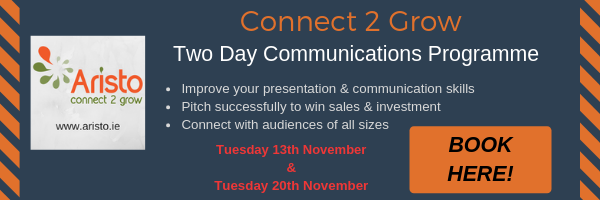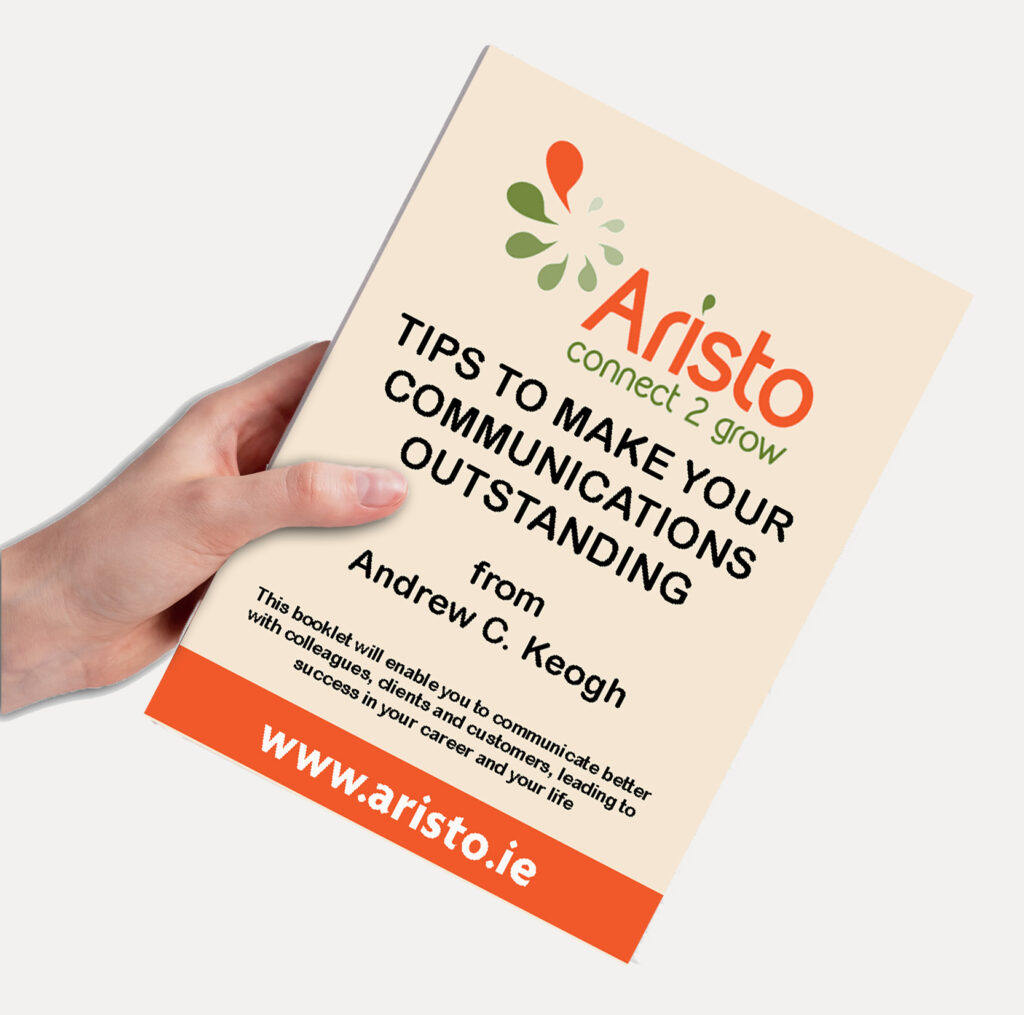[et_pb_section fb_built=”1″ _builder_version=”3.0.47″][et_pb_row _builder_version=”3.0.48″ background_size=”initial” background_position=”top_left” background_repeat=”repeat”][et_pb_column type=”4_4″ _builder_version=”3.0.47″ parallax=”off” parallax_method=”on”][et_pb_text _builder_version=”3.0.74″ background_size=”initial” background_position=”top_left” background_repeat=”repeat”]
Executive Coaching For Winning Business
When I am coaching people one-to-one or in a training workshop, the most frequent request I receive is for what people call “constructive criticism”.
I explain that I have no time for constructive criticism; it’s just criticism with the word constructive added, to somehow soften the blow. I have never felt reconstructed after constructive criticism; have you?
I believe this is a throwback to our school days when we did 20 sums, getting 16 right. With my teachers, the emphasis was always placed on the 4 that I got wrong, with no mention of the fact that 16 were right.
Good teachers praise you for the 80% success and then help you with the other 20% to ensure you get them right next time.
I have difficulty spelling and for years was very reluctant to write a letter or send a greeting card, in case I made a spelling error.
My friend Eve Earley informed me that in America her children were encouraged to ‘guess and go’ when writing a composition or essay. Clearly, the teachers saw it as much more important to creatively write, than have the spelling correct.
Thankfully now with spellcheck, we can have both.
Presentation Coaches & Constructive Criticism
Why am I telling you all this stuff?
I have worked with presentation coaches in the past and here are some examples of “constructive criticism” I have witnessed:
Stand up straight / stop swaying / take your hands out of your pockets / stop fiddling with your ear / speak slower/ speed up / smile / speak up / breathe / be funny / be more confident / be in command / take control of the room / be bold.
“The Christian Brothers style of management was the Carrot and the Stick, but they removed the carrot from the equation.”
Roger McGough, Poet
It’s my experience, when coaching people on my programmes, that there is still an element of them wanting to focus on the “what is wrong” management style. Whereas, I prefer the “what is right” approach, then creating a plan of support and encouragement, leading to improvement.
My guarantee to all the people I work with is that I will apply Dale Carnegie’s three fundamental principles when leading people to success:
- Don’t criticise, condemn or complain.
- Give honest, sincere appreciation.
- Arouse in the other person an eager want.
As a result of us working together using these principles, I can guarantee that they will all be better speakers, and some will become outstanding.
Those who become outstanding are the ones who prepare between sessions.
The Aristo Approach to Executive Coaching
We set about creating a narrative using one of my presentation templates that enable you to be yourself and speak with a degree of confidence. Resulting in a greater focus on the audience, your message and how they benefit from having listened to you.
This approach will reduce your nervousness, control stress and help you present confidently. You will never completely eliminate nervousness or stress, nor would you want to, as it provides the energy to perform to a higher standard.
When you present in this more conversational way, your body language is more natural and engaging, leading to successful outcomes for you the speaker and for the audience.
Bully Tactics won’t work anymore
I give people the self-confidence to have confidence in their Story and themselves. Get in touch with us.
[/et_pb_text][/et_pb_column][/et_pb_row][/et_pb_section]






